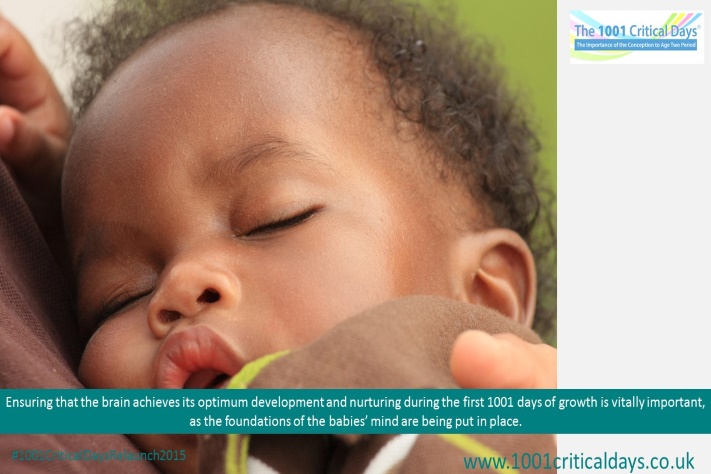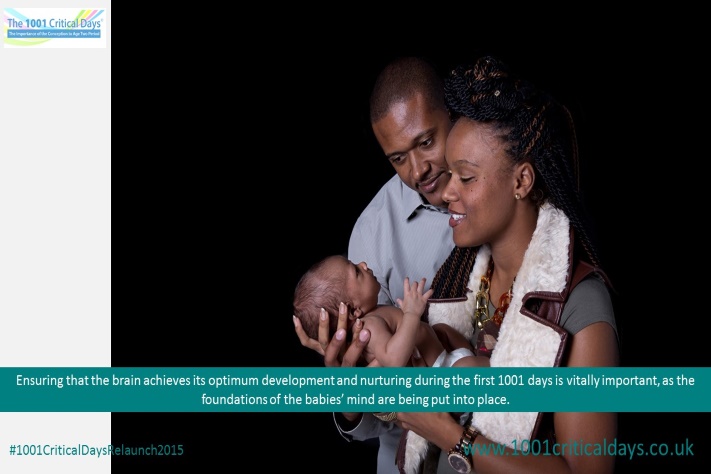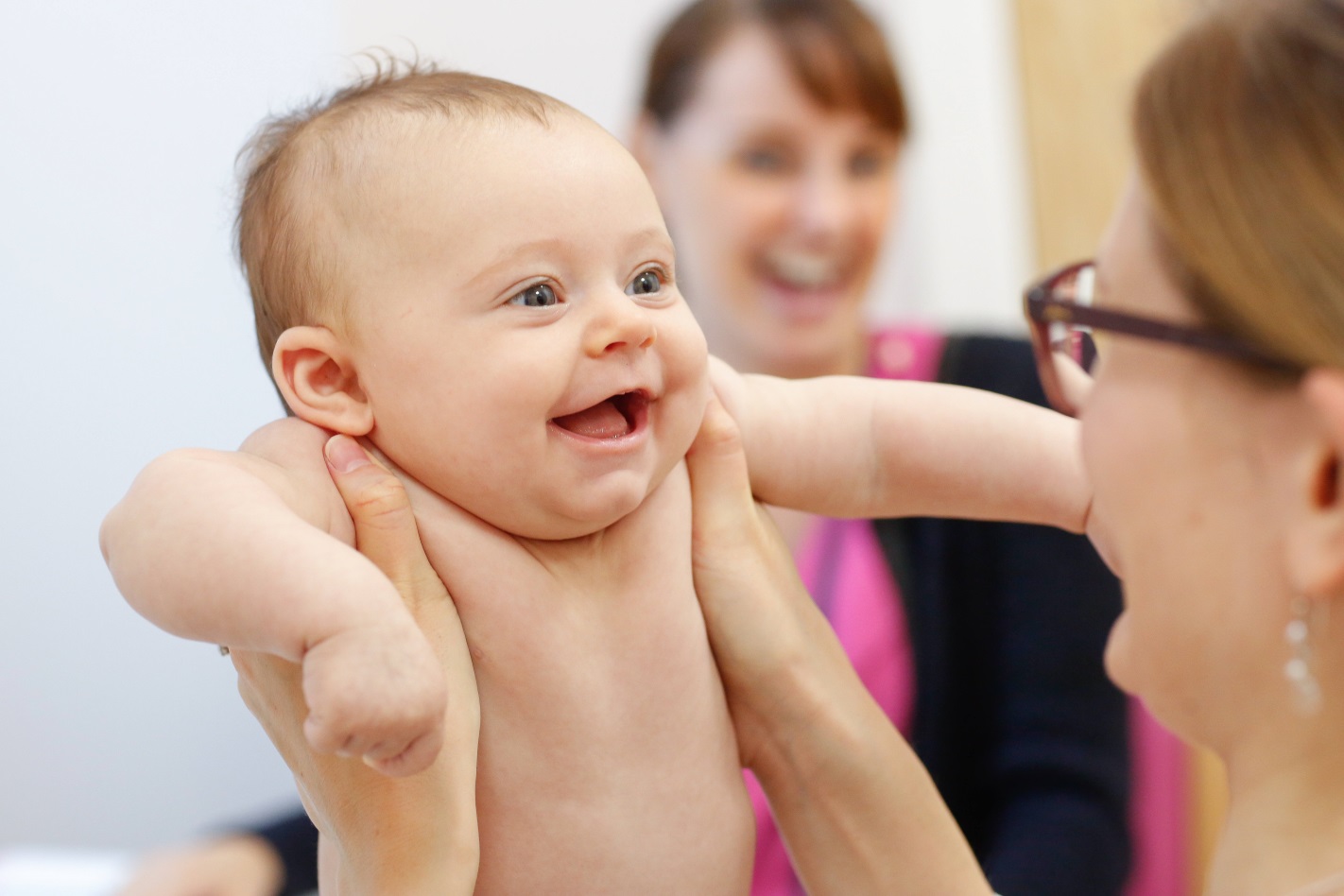This report seeks to look at the cost effectiveness of different programmes to support the development of healthy attachment. It is hoped to be of value to commissioners trying to decide where to spend their money.
Inevitably it’s been a challenging piece of work to do and some of the conclusions are being seen as controversial. For example, the originator and iHV ambassador of the MESCH programme in the UK, Professors Lynn Kemp and Sarah Cowley respectively, have been very disappointed at the fact that MESCH has been included in the attachment section, whereas it is a broad-based multi-faceted programme delivered as part of a universal service, rather than a targeted programme focused on attachment.
Dr Cheryll Adams, iHV director said:
“This report must be interpreted with extreme care. It was a very difficult piece of work to embark on and some of the recommendations will be seen as very surprising or disappointing. Indeed, there could even be an interpretation that it challenges the value of universal services, although that wasn’t at all its purpose.
We would challenge the report for promoting the commissioning of early intervention services to respond to overt problems which the EIF identifies as risk. This suggests intervention from age 2-3 years onwards, instead of the health visitor interpretation of early intervention where the recognition of risk is in the first year of life and intervening then when interventions can be most effective.
We must encourage commissioners to invest in services upstream of problems. Even if the evidence for the value of doing this hasn’t been invested in, there is a clear logic that prevention is better than cure. For example, how much better to pick up glue ear affecting hearing early, rather than speech delay and its social and emotional consequences at age 2½.”
We encourage health visitors to read the report and let us and the EIF know their thoughts on its value for strengthening commissioning to improve children’s lives. Also to be ready to challenge inappropriate commissioning decisions based on its findings.






